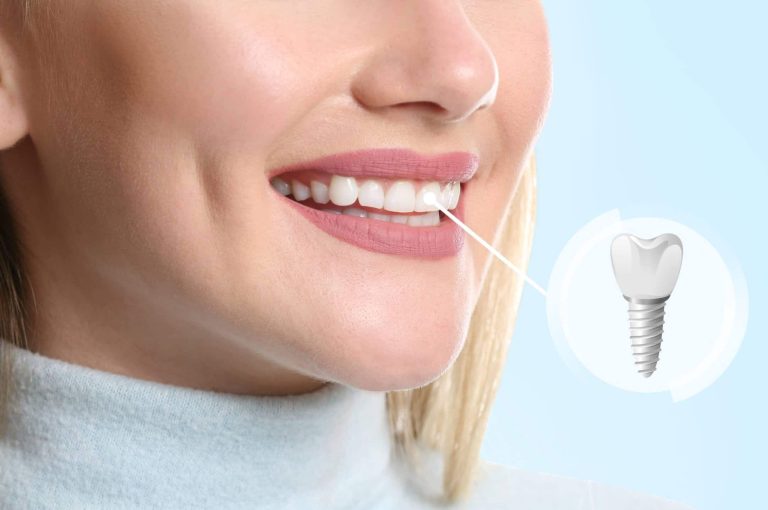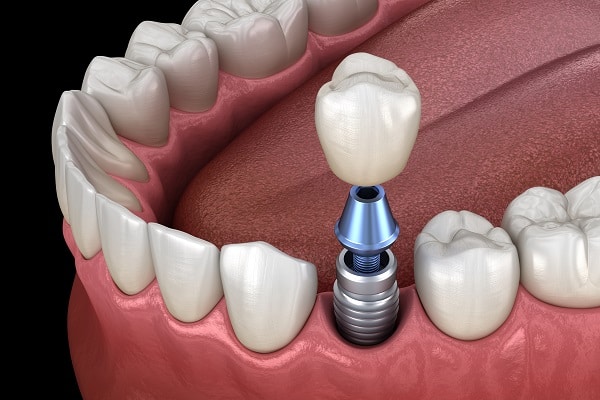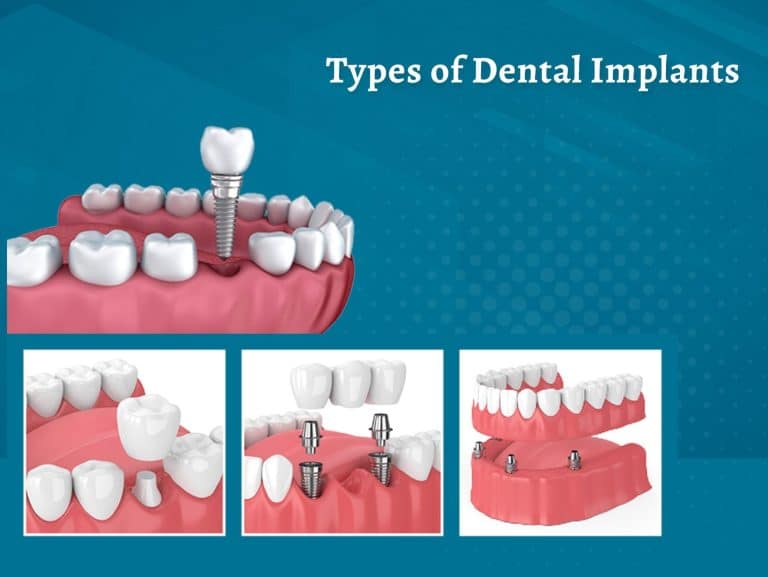With cold winter months, it means that we are often cooped up and in close proximity to colleagues, members of your family, and complete strangers. While catching a cold or flu might be unpleasant, did you know that it can also be connected to your oral care? Here are Vancouver Dental Spa’s top tips for fighting a cold or flu while taking care of your oral health this winter.
- Opt for Sugar-Free Throat Lozenge & Syrups
It’s common to pop throat lozenges for an aching throat without thinking twice. Yet it’s important to understand that many cough drops and cough syrups include a lot of sugar, which is the added active ingredient to make them taste like candy. So it is no surprise that, like candy, sugary lozenges as well as syrups damage your teeth. Instead, go with the sugar-free variations, which should be available at any pharmacy this season.
- Brush Often
If you have the unfortunate circumstance of being struck with the stomach flu that leads to vomiting, don’t forget to have your toothbrush handy (even if it’s the last thing you feel like doing). Vomiting leaves your mouth covered in acid, which wears down enamel as well as creates degeneration. So, as poor as you may really feel, withstand the urge to just creep back in bed without cleaning after being sick.
- Consume Lots of Water
With respiratory system infection, you may experience dry mouth. Besides really feeling a little uneasy, an absence of saliva is bad for your teeth since the naturally-produced fluid does the beneficial job of getting rid of food fragments and bacteria. Along with aiding your body’s immune system, drinking lots of water helps your dental wellness also.
- Get a New Toothbrush
Though there are somewhat slim chances that you’ll get re-infected from the toothbrush you used when you were sick, it’s an excellent idea to replace it when you’re over your health problem to ensure that you are germ-free.
- Sanitize All Dental Tools
On that note, you must also sanitize any kind of oral treatment device that can not easily be changed after you’re feeling better. This consists of tongue scrapes, water irrigation heads and mouth guards, which can all be sterilized with a soak in an antibacterial mouthwash.
- Store Toothbrushes Correctly
Whether you’re sick or well, you must constantly rinse your toothbrush well after each usage and store it in an upright placement in a location where it can air dry to make sure that it doesn’t expand microbes. In addition, don’t share toothbrushes and also ensure that your toothbrush isn’t touching any person else’s in storage space to avoid spreading germs.
Regardless of what you do, you can’t completely stay clear of getting a cold or the flu once in a while. However, you can still make sure to maintain a proper dental health routine. By following these tips, you can take care of your smile this winter.
At your Downtown Vancouver Dentist, we care about your oral health. Give us a call today to schedule your next visit.










